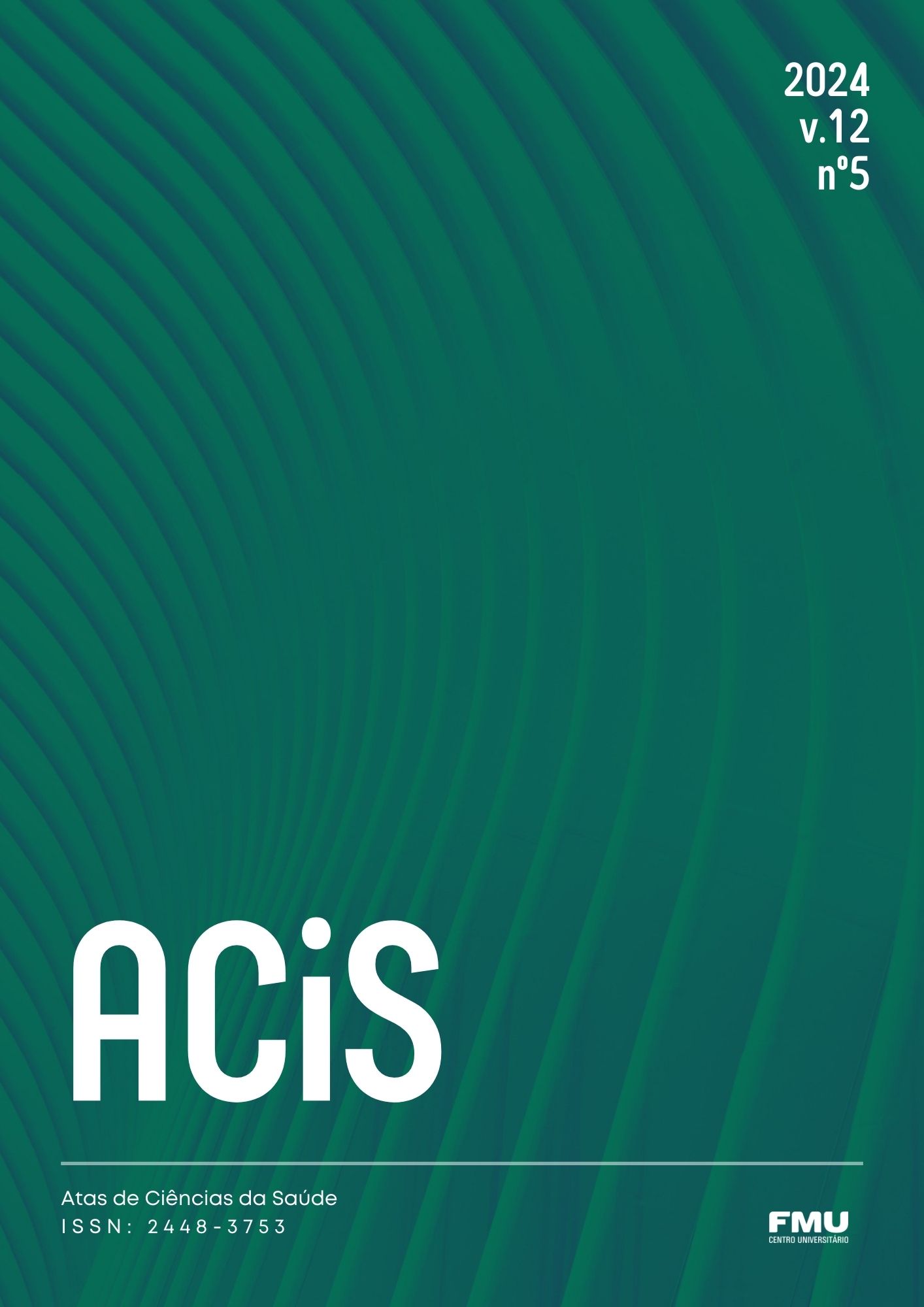SLEEP PARALYSIS: A HETEROGENEOUS CONCEPTION IN THE SUBJECT'S PSYCHE
uma noção heterogênea do psiquismo do sujeito
Abstract
Sleep paralysis is a multifaceted phenomenon that combines biological, psychic, and social aspects in the formation of the clinical case. This study aims to analyze the structural and subjective bases from a Freudian psychoanalytic perspective. It is common for individuals to experience episodes of muscular atonia and sensory hallucinations. Although the DSM-5, ICD-11, and diagnostic manuals address this phenomenon, it is still often reduced to a simplified condition, with the patient’s psychic subjectivity being severely overlooked. Psychoanalysis contributes by demonstrating the uniqueness of each case, considering that the phenomenon has a singular formation. Sleep paralysis leads the subject to a new ego configuration, involving an attempt to reintegrate traumatic contents. The repression of affect and representation lies at the core of this psychic process. Structurally, the phenomenon is observed in hysterical and psychotic manifestations. Although the event is associated with anguish and estrangement, it represents an ego attempt to resolve the core of the conflict.
Descriptors: theoretical essay, psychoanalysis, sleep paralysis;
Published
Issue
Section
License
Copyright (c) 2024 Lucas Bossert Fernandes, Terezinha A de Carvalho Amaro, Leila Frayman

This work is licensed under a Creative Commons Attribution-NonCommercial 4.0 International License.
Autores que publicam nesta revista concordam com os seguintes termos:
- Autores mantém os direitos autorais e concedem à revista o direito de primeira publicação, com o trabalho simultaneamente licenciado sob a Licença Creative Commons Attribution que permite o compartilhamento do trabalho com reconhecimento da autoria e publicação inicial nesta revista.
- Autores têm autorização para assumir contratos adicionais separadamente, para distribuição não-exclusiva da versão do trabalho publicada nesta revista (ex.: publicar em repositório institucional ou como capítulo de livro), com reconhecimento de autoria e publicação inicial nesta revista.
- Autores têm permissão e são estimulados a publicar e distribuir seu trabalho online (ex.: em repositórios institucionais ou na sua página pessoal) a qualquer ponto antes ou durante o processo editorial, já que isso pode gerar alterações produtivas, bem como aumentar o impacto e a citação do trabalho publicado (Veja O Efeito do Acesso Livre).





